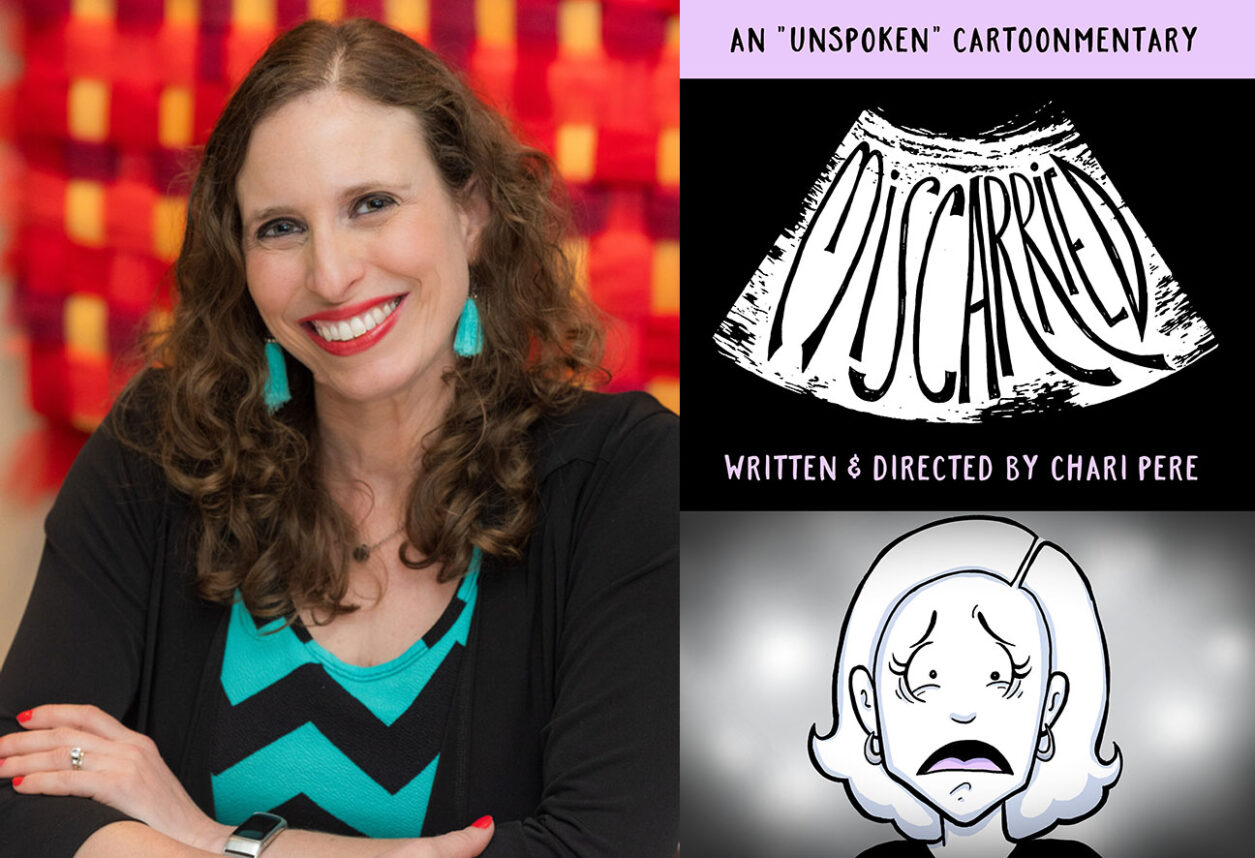On June 1, Hillel Council at UCLA will honor Dr. Leonard and Stella Schuler Kleinrock, a father of the Internet and a founding co-director of the Jewish Family Service Freda Mohr Center, respectively. The Journal recently caught up with the Kleinrocks, who married at the Hillel lounge in 1967, to learn their very different “Horatio Alger” stories.
When the “I Love You” virus hit earlier this month, UCLA professor Leonard Kleinrock received no less than 10 of the toxic messages via e-mail. It wasn’t surprising that he immediately dumped all of them in the trash: You can’t fool a father of the Internet. Kleinrock’s theories have been so fundamental to the development of cyberspace, in fact, that they have been called a blueprint of the Net.
His technological prowess started early. At the age of 6, he utilized his father’s used razor blade, among other items, to build a crystal radio he learned about in a Superman comic book.
While earning his doctorate at MIT, he suddenly realized that computers would need to talk to each other one day. Among other pioneering ideas in his thesis, he outlined the concept of “packet switching,” in which data is broken down into little pieces and reassembled at the end of the line. His concepts were revolutionary, observers have said.
“But nobody cared,” Kleinrock says. That is, until his old MIT classmate, Larry Roberts, called on him to apply his theories to the Defense Department’s Advanced Research Projects Agency, which in turn created the ARPANET, the precursor of the Internet. UCLA was the first node on the system, and under Kleinrock’s supervision, the first Net message was sent, after an inauspicious crash, on October 29, 1969.Since then, Kleinrock has created an international “brain trust” to push the frontiers of Internet technology; with Stella, he has launched a new company, Nomadix, dedicated to “nomadic computing,” or finding ways for your laptop, for example, to hook into any system anywhere.
Of course, Kleinrock is quick to admit there is a dark side to the Net: “Hacking, spamming, pornography, pedophilia, terrorism, destruction of property, invasion of privacy, all exacerbated by an enormous degree of anonymity,” he says.
The problem is that Kleinrock and his colleagues did not have security in mind when they developed the Net in the 1960s: “Sharing and openness was the way,” he recalls, adding that the approach ultimately led to the vast growth and creativity of the Net.
Nevertheless, he concedes, it’s hard to “patch in” security after the fact, making electronic warfare “always a possibility.” “Dealing with the bad guys will always be a cat-and-mouse game,” he adds; security will get better, but so will the cyberterrorists. “It will never be an endgame,” Kleinrock admits. “But we can keep up and combat problems as they arise.”
“This Hillel dinner is ‘outing’ me,” admits Stella Kleinrock, a social worker who helped to organize pioneer programs for seniors and children of Holocaust survivors in L.A.Few know the details of her childhood experience during the Shoah, though the images are still vivid in her mind. Stella recalls Romanian Jews on a death march; children smashed to death upon the ground; her own terror while hiding in a haystack as Nazis searched the area with pitchforks. Stella and her family ultimately hid for two-and-a-half years in a 6-by-6-by-4-foot hole dug beneath a peasant’s barn in Poland; upon her release, she was unable to see or walk for a time.
As her family fled with the Russian front, they were constantly strafed by bullets; somewhere near the Russian border, Kleinrock’s mother fell ill and was taken to the hospital. A doctor told Stella and her older sister, who were then all alone, that their mother would die without penicillin. The two terrified, ragged urchins waited for hours outside a forbidding, concrete hospital to beg a Russian doctor for the medicine.Fortunately, he agreed; the family survived the war and settled in Cincinnati, where Stella desired only to forget the Holocaust. “I wanted to become an American,” she says. “I wanted to be ‘normal.'” Kleinrock denied her past; even her first husband did not know her true story.
Yet shadows of the Shoah haunted her. Kleinrock endured nightmares and was frightened of people in uniform. It was therapy, she says, that saved her, especially after her sister committed suicide at the age of 40. “Hiding had been the subheading of my life,” she says. “But I decided I had to stop denying my history. I realized I had to own all of me.”
Stella eventually became a social worker to help others deal with their demons; among many other accomplishments, she co-founded the first psychotherapy group for senior citizens anywhere. “I feel so privileged to have had people share their lives with me,” she says.
For information about the Hillel dinner, call (310) 208-3081





















 More news and opinions than at a Shabbat dinner, right in your inbox.
More news and opinions than at a Shabbat dinner, right in your inbox.